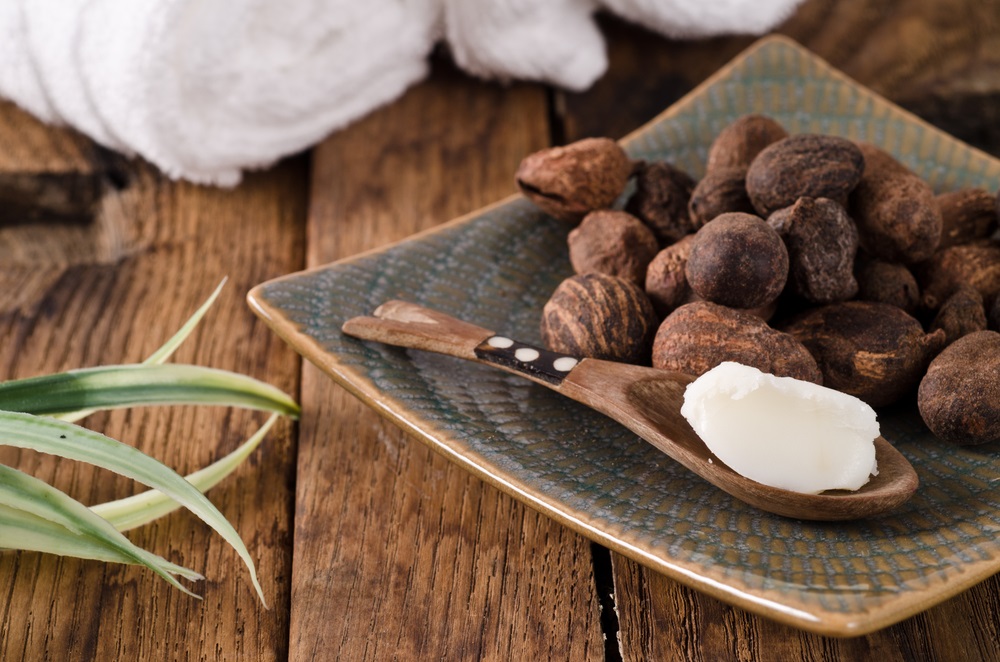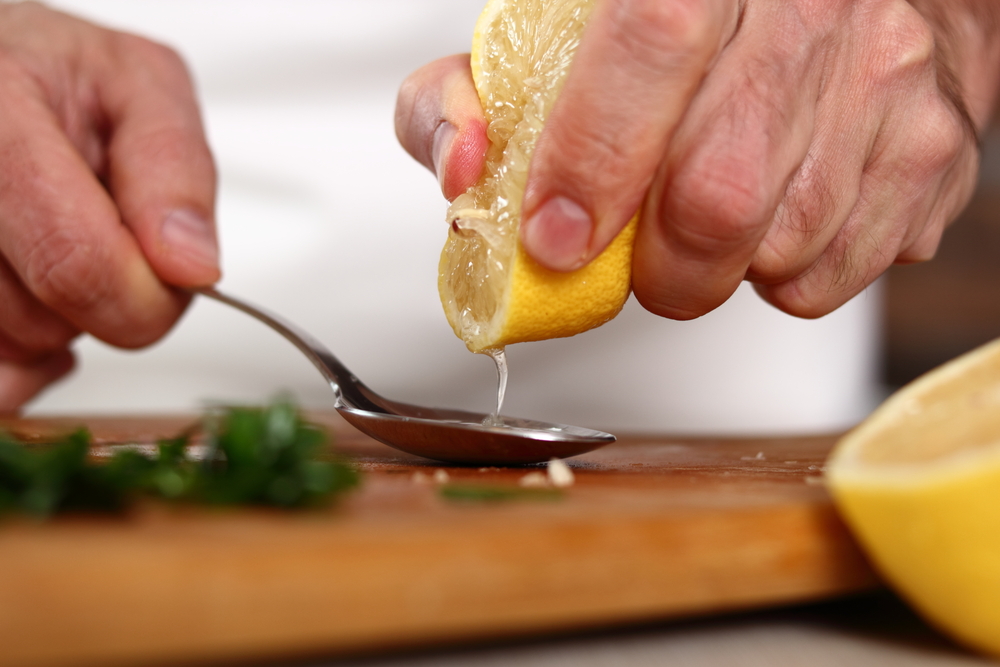- If you have acne, the products you use on your face could be doing more harm than good.
- The latest trend in acne treatment, commonly known as the “Caveman Regimen,” involves not washing your face for weeks.
- Although there are many valid arguments against the practice, there is some support for the philosophy behind it.
Imagine not washing your face for weeks. This doesn’t mean just putting aside your favorite cleanser, this means no water whatsoever.
Now imagine that this advice comes from skincare enthusiasts as a way of combating acne.
If this strategy seems a little far-fetched to you, you’re in good company. Skincare professionals and laymen alike have been questioning the validity of this popular trend. There is something to be said for the underlying philosophy, but the execution might need some work.
In this article, we turn a critical eye toward the aptly named Caveman Regimen, examining both the practice and the results.
How does it work?
The Caveman Regimen takes the adage “less is more” to the extreme. The philosophy that our ancient ancestors held the key to better living — which brought us the paleo diet — leads to the idea that the very products we’re using to protect and care for our skin are doing more harm than good.
Proponents of the practice point to the acid mantle. This thin layer of sweat and sebum acts as a barrier, protecting the skin from bacteria and viruses. The acid mantle can be damaged or washed away. Its pH is roughly between 4.5 and 5.5, so it can be thrown out of balance by products with a pH level that’s too high or too low.
In short, the wrong products or the overuse of products could be stripping your skin of its natural protective barrier, leaving it vulnerable to contamination. The Caveman Regimen allegedly presses the reset button on your skin.
The core principle is simple: don’t mess with your face. Don’t wash it, don’t put any products on it, and avoid touching it as much as possible. By avoiding skincare products, water, and general skin contact, you’re allowing the acid mantle to build back up and start protecting your skin the way it should.
Variations on the Caveman Regimen
But not everyone can agree on what “leaving your face alone” really means. The hardcore version of the regimen is strictly hands off. You can’t even wet your face after your dog gives it a big sloppy kiss. Those who promote this extreme approach say that even water has chemicals in it that can dry out the skin, interfering with the acid mantle.
Other versions allow for water and nothing else, but that doesn’t mean you can give your face a good scrub in the morning with an exfoliating washcloth — exfoliation and other product-free practices are off the table. It simply means you can let water wash over your face if you’re in the shower.
The next big point of disagreement is the duration of the regimen. Those who’ve undergone the process have done so for anywhere from one week to two months. Some sites recommend 30 full days. But because this is not a practice invented or recommended by dermatologists, there’s no standard time frame.
If you’re interested in giving it a shot, you’ll need to do a little guesswork. Read what others have done and what their experience was like. Talk to your dermatologist about what you’re planning to do and see if they have any suggestions.
Who is it for?
The Caveman Regimen is targeted toward individuals with stubborn or cystic acne who have tried everything under the sun to soothe their skin without success. But it isn’t solely for the acne-prone. Even people who left their breakout days back in high school have tried it in their search for healthier, happier skin.
Whether you have oily skin, dry skin, or combination skin, the Caveman Regimen might have something to offer.
But whatever the condition of your skin, the regimen is not for the faint of heart. It can be unpleasant and embarrassing. It could also stand between you and some of your favorite activities.
Also note that the Caveman Regimen is not effective against skin blemishes like acne scars and fine lines. However, it might be effective for post-inflammatory hyperpigmentation — if it is successful in treating the underlying acne that causes it.
What to expect during the Caveman Regimen
In short, expect to be dirty. Whether or not it ends up working for you, this is not a pleasant process. Even those who rave about the practice note that it is challenging and sometimes downright gross.
Because it hasn’t been clinically tested, there are no guidelines for what to expect. Many people who’ve tried it warn that the first several days are the most difficult. Your skin might become particularly oily, dry, or prone to breakouts. This sudden appearance of pimples, sometimes called a purging breakout, will go away in time.
Eventually, you might see your skin clear up — if it doesn’t in fact get worse.
Some people who have undergone more extensive versions of the Caveman Regimen find that things go downhill considerably at the 30-day mark or so. They report ashen complexions, with visible layers of dead skin on their faces. In some cases, they’ve also noticed hyperpigmentation in the form of brown patches around the eyes and forehead.
Whatever your skin type, expect some surprises and unpleasantness. Whether you roll with the punches or bail and get a facial at the nearest spa will entirely depend on your tolerance and willpower.
Can it actually cure acne?
Let’s start by examining the root causes of acne, since the Caveman Regimen is mainly targeted toward those who suffer from repeated breakouts.
Although it’s true that oils on the skin can affect acne, they are only one piece of a very large puzzle. Acne can also be caused by hormones, stress, diet, and genes. None of these issues are going to disappear if you boycott face-washing.
Of course, none of this changes the fact that some people claim to have experienced positive results. However, there are outside factors that could be at play. After all, harsh products can damage the face and make acne worse. If someone over-exfoliates and is used to putting on a pound of makeup every day, their skin will thank them when they stop. But was it the Caveman Regimen that helped or was it simply eliminating a specific damaging product?
In addition, some fans of the Caveman Regimen recommend pairing it with a healthy diet and active lifestyle. As stated above, diet can affect acne. If you make a lot of changes at once, how can you know which one is the most effective for clearing up your skin?
Finally, there’s the question of safety. Certain skin problems don’t pair well with a Caveman Regimen. If you suffer from psoriasis, rosacea, severe eczema, or another skin issue that requires you to use topical medication, then skip the anti-face-washing routine.
There’s no reason to turn your back on scientifically-supported treatments for an anecdotally-supported trend.
Is it worth a try?
Although there are many valid arguments against the practice, there is some support for the philosophy behind it. As mentioned above, the overuse of cosmetics and harsh skincare products can damage the skin and make acne worse.
Dr. Will Richardson, a board-certified dermatologist and aesthetic cosmetic surgeon based in Fort Lauderdale, points out that what we know about acne has changed over the years.
“For years we told patients to avoid moisturizers on the skin if they had oily acne-prone skin,” he says. “Now we know that the reverse is true.” He notes that the use of moisturizers to help restore a protective barrier on the skin can be beneficial.
“In light of this, perhaps the caveman method of treating acne does allow for the restoration of natural moisturizers on the skin, reducing the inflammation that contributes to acne,” he says.
For these reasons, variations of the practice that allow for the use of water might actually help clear up acne in some cases.
Proven acne-fighting strategies
If you’re so fed up with your skincare routine that you’re considering the Caveman Regimen, it could be that you’re missing some simple strategies that will leave your face happier and cleaner.
- Give other strategies more time. It takes about six weeks to know for sure how different products or methods will affect the skin. After all, your skin needs time to adjust.
- Choose soaps carefully. The pH level of the soap you use matters. You want a gentle soap that won’t interfere with your acid mantle. Avoid using bar soaps on the face, especially if you have sensitive skin.
- Change your makeup. Try oil-free makeups. They won’t leave you with clogged pores.
- Change your diet. Avoid foods that make acne worse like skim milk, complex carbs, and chocolate.
- Moisturize. Gone are the days when dermatologists recommended no moisturizer for those with acne. Moisturizer can help protect your skin.
- Go caveman-light. Reduce your skincare routine to gentle face-washing in the morning and evenings. Skip makeup and heavy products for awhile and see how your skin responds.
If you’re not sure which soaps or makeup products are best for you, talk to your dermatologist. They’ll help you find a good match for your skin type.
Caveman is a misnomer
People are embracing the Caveman Regimen because they believe that simpler and older methods are somehow better and more natural. Unfortunately, many of those assumptions aren’t grounded in facts.
Cavemen didn’t walk around avoiding water all day. There’s also evidence that suggests they used a primitive form of makeup. Finally, even if we assume for the moment that they did refuse to ever get their faces wet, how do we know their skin was any better than ours?
When it comes to caring for your skin, don’t fall victim to the trends. Stay where the science is and take care of yourself.
» Looking for personalized skincare advice? Meet our Medical Review Team online and get consultations on your skincare routine.









